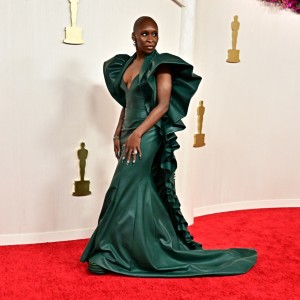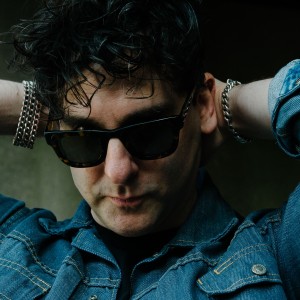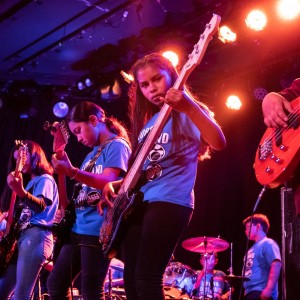It's Verdi year, in case you hadn't noticed from all the people in the opera world rushing around shouting, "It's Verdi year!" Well, I am, but then I'm a die-hard Verdi nut. So. In honor of the big 2013 Verdi anniversary...
The Verdi tenor is a special beast. Alongside Puccini, Verdi's successor as (arguably the last) Italian opera king, Verdi composed a great many of the roles and arias that have come to define the Italianate tenor. Reputations have been made and become the stuff of legend on the basis of a "La donna è mobile" (from Rigoletto) or a "Di quella pira" (Il trovatore). But Verdi was above all a man of the theater, meticulous in his attention to dramatic detail and the care with which he worked on dramaturgy with his librettists. So the mark of a truly great Verdi tenor is his identification with entire roles; only then can the arias assume their true greatness.
Verdi was a devotee of Shakespeare and some of his roles achieve those dramatic heights. But only when they get great performers. Here, then, are Classicalite's Five Best of the finest...
Jussi Björling as the Duke, in Rigoletto (cond. Perlea, RCA)
A solid rather than favorite all-round CD set boasts simply the finest Duke on record. Where the Swedish tenor scores over Pavarotti, probably his nearest rival, is a certain chivalry to go with the cavalier womanizer. You can understand why women fall under his spell. And his singing overflows with freshness and grace. On the other hand, and just to confuse you, if you get the Decca set conducted by Richard Bonynge you get a more consistent overall performance and Pavarotti's nearly-as-good Duke! But for the tenor as sole consideration, Leinsdorf is the choice. Here he is, leading the famous quartet in another performance.
Jon Vickers as Otello (cond. Karajan, EMI)
Health warning, there are some irksome little cuts in this recording, the worst in the glorious Act III ensemble. But none of them manage to diminish the great Canadian singing-actor Jon Vickers in the greatest of his many great roles. Herbert von Karajan drew a remarkable interpretation from his tenor, so instead of the usual noble warrior steered wrong, Vickers added layers of depth to give us a self-improved man eventually stripped down to a howling barbarian. It's unbearably tragic to hear. You can see it, too, on a rather stagey film they made using the recording as the soundtrack. Here's but a clip.
Franco Corelli as Manrico, in Il trovatore (cond. Schippers, EMI)
The most exciting Manrico on disc, heroic-voiced Corelli also finds tenderness and bags of style in a scintillating interpretation of Verdi's "action thriller" (well, that's how I always thought of it.) Here he is doing a TV turn--got to love the period acting, and dubbing.
Carlo Bergonzi as Riccardo, in Un ballo in maschera (cond. Leinsdorf, RCA Victor)
Poor Pavarotti comes runner-up for a second time, since Riccardo (or Gustavus, depending which of the two versions of the opera is being performed) was perhaps his finest Verdi role. Yet Bergonzi, who would be a front-runner in any "Verdi tenor of the 20th century" contest supplies just that extra ounce of ardor, that final bit of grace. Glorious, glorious singing, aided and abetted by the conducting of Erich Leinsdorf's recording career. Here's an excerpt from another, filmed performance, from Tokyo.
Plácido Domingo as Don Carlos (cond. Giulini, Decca)
It may have been Jon Vickers who first starred as Don Carlos in Carlo Visconti's iconic production, one which was greatly responsible for rehabilitating the opera's reputation, but when that staging's conductor Carlo Maria Giulini came to make the recording, it was Domingo who got the gig. And he delivers in spades, a stirring, properly tortured prince, not quite as subtly shaded as some others (for lay-it-all-on-the-line acting check out Luis Lima on the DVD of that Visconti staging at Covent Garden) but most could only dream of Domingo's sovereign voice. In fact, Domingo did develop his Carlo still more for his second recording, under Claudio Abbado (in French), but the rest of that set isn't up to Giulini's. Anchored by Domingo and his inspired conductor, it all has the sense of a great theatrical occasion. Here's some of a splendid, if slightly dark, production from the Met.



